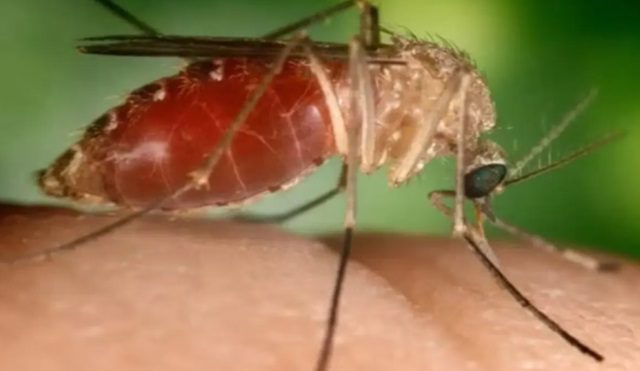BTN News: Brazil has seen a big rise in the number of Oropouche virus cases. There have been 7,286 cases reported across 21 states as of July 28, 2024. This increase has worried both health officials and the public. The virus is spread by biting midges, small insects that bite humans. Most of the cases have been in the states of Amazonas and Rondônia. The symptoms of Oropouche are a lot like those of dengue fever. People with the virus get a fever, headache, muscle and joint pains, and sometimes they vomit or have diarrhea.
Recently, the Brazilian government confirmed a very sad case. A fetus died because of Oropouche in the state of Pernambuco. The pregnant woman was 28 years old and 30 weeks into her pregnancy. She tested positive for the virus with RT-PCR and other tests. This is the first time a fetal death from Oropouche transmission has been confirmed. There have been two other deaths caused by the virus in Brazil this year.
The Ministry of Health says they are looking into eight cases of vertical transmission. Vertical transmission is when a virus is passed from a pregnant mother to her baby. These cases include four in Pernambuco, one in Bahia, and three in Acre. Of these, four have resulted in fetal death, and four have caused birth defects like microcephaly, which is when a baby is born with a small head. Health experts and state health departments are doing careful studies to see if Oropouche is causing these problems.
The rise in Oropouche cases and the severe effects it can have show that more awareness and prevention are needed. Brazilian health authorities are watching the situation closely and trying to control the virus’s spread. Public health campaigns are very important. They help teach people about the symptoms and how to prevent getting bitten by midges. People should avoid areas with a lot of midges and use things like insect repellent and mosquito nets.
Stopping the spread of Oropouche also means better tests and more checking in areas with many cases. Finding the virus early and getting treatment quickly can help manage the disease and prevent bad outcomes. The healthcare system needs to be ready to handle more cases and give the right support to those who are sick.
Researchers are also working hard to learn more about how Oropouche spreads and its impact on health. Studying the virus and how it affects people can help find good treatments and maybe even a vaccine. Working together with local and international health groups is important to fight this new health threat.
In conclusion, the Oropouche virus is a growing problem in Brazil. Thousands of cases have been reported, and there are serious risks for pregnant women and their babies. The confirmed fetal death in Pernambuco shows the need for strong public health actions to fight the virus. With more awareness, prevention, and research, Brazil hopes to lessen the impact of Oropouche and keep its people safe from this health threat.


